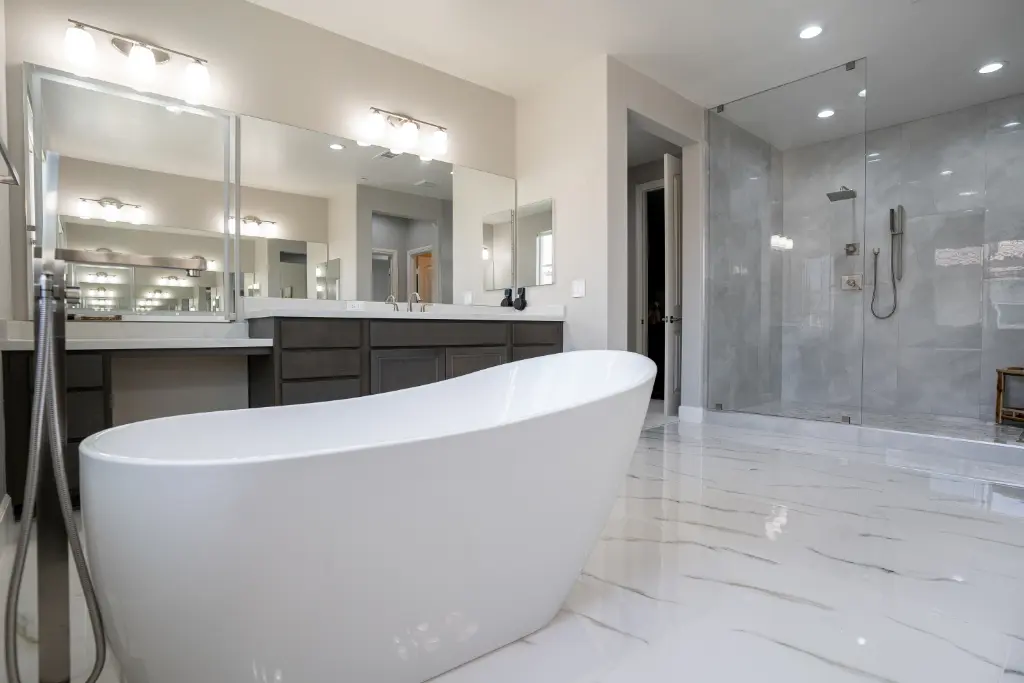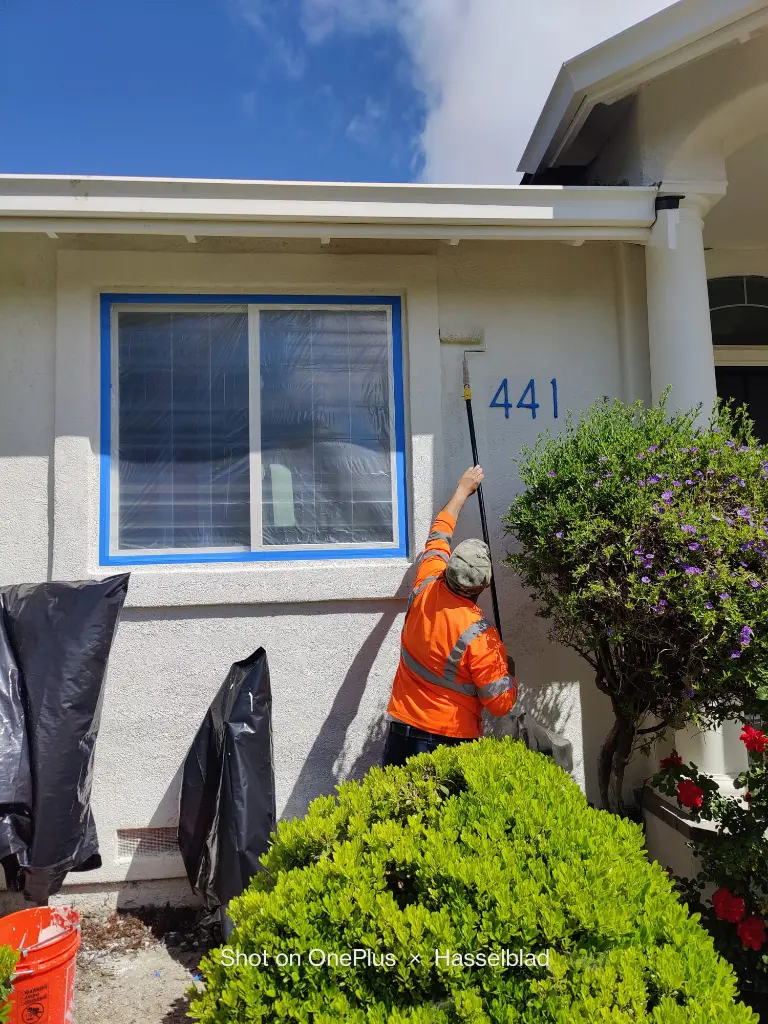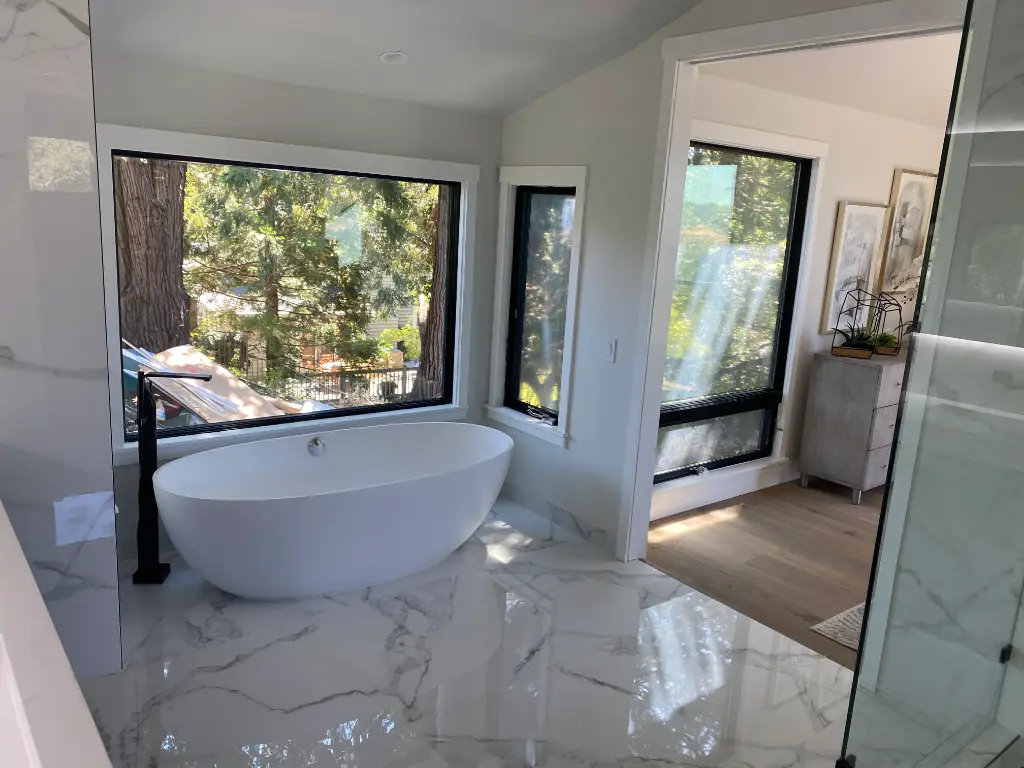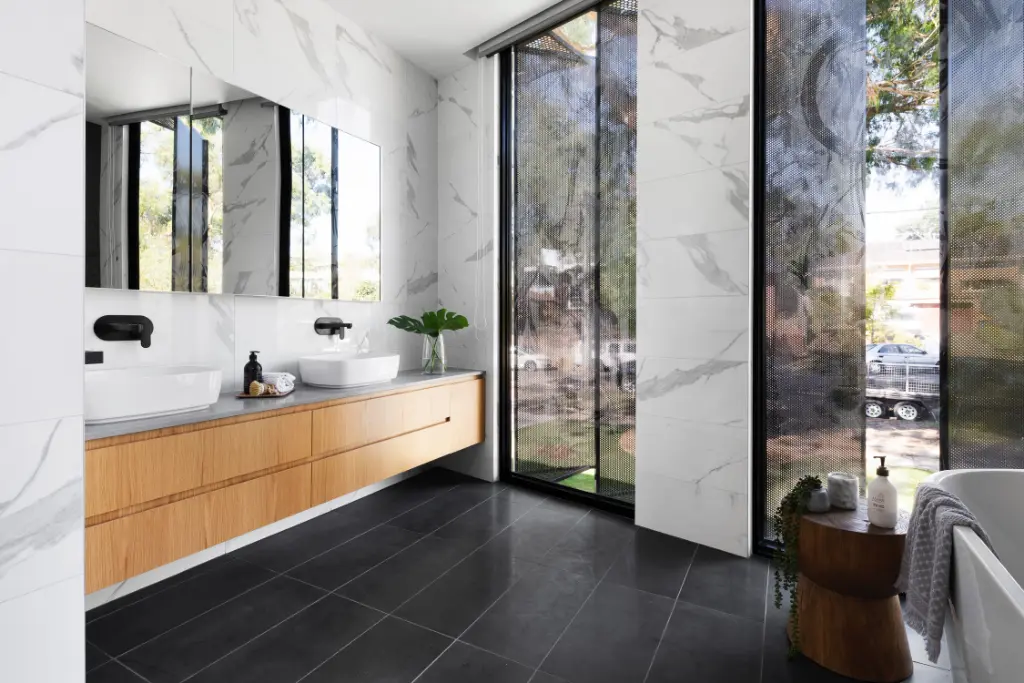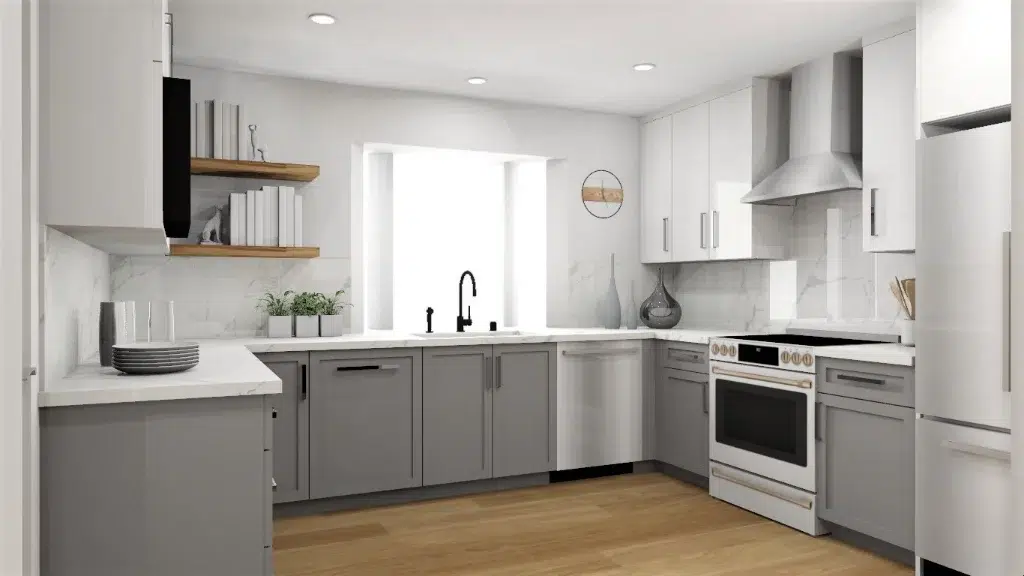When it comes to upgrading your home’s windows, understanding the difference between replacement and new construction windows is crucial. Each option presents unique benefits and considerations that can significantly impact your renovation project. Let’s delve into the nuances of these two types of windows to help you make an informed decision for your home.

Understanding Replacement Windows
- What are Replacement Windows?
Replacement windows, as the name suggests, are designed to replace existing windows within your home without altering the surrounding structure. They are crafted to fit precisely into the existing window openings, providing a seamless upgrade to your home’s aesthetics and energy efficiency.
- Benefits of Choosing Replacement Windows
Opting for replacement windows offers several advantages. Firstly, they provide a cost-effective solution for improving the appearance and functionality of your home’s windows without the need for extensive renovations. Additionally, replacement windows are typically quicker to install compared to new construction windows, minimizing disruption to your daily routine. Furthermore, modern replacement windows are engineered for improved energy efficiency, helping to reduce utility costs and enhance indoor comfort.
- Considerations Before Opting for Replacement Windows
Before choosing replacement windows, it’s essential to consider several factors. Assess the condition of your existing window frames and determine if they are structurally sound enough to support replacement windows. Additionally, consider your aesthetic preferences and whether you require specific customization options to complement your home’s design. Finally, consult with a professional to ensure proper measurements and installation techniques are employed for optimal results.
Exploring New Construction Windows
- Definition and Characteristics of New Construction Windows
Unlike replacement windows, new construction windows are installed during the initial construction of a home or as part of a major renovation project that involves removing the entire window frame. These windows are typically installed before the exterior siding or interior drywall is applied, requiring a more extensive installation process.
- Advantages and Disadvantages of New Construction Windows
New construction windows offer distinct advantages, such as greater flexibility in design and customization options since they are installed before the completion of the building’s exterior. However, the installation process for new construction windows is more labor-intensive and may require additional time and resources compared to replacement windows. Furthermore, installing new construction windows in an existing home may necessitate extensive structural modifications, increasing overall project costs and complexity.
- Factors to Consider When Installing New Construction Windows
Before opting for new construction windows, carefully consider factors such as the scope of your renovation project, budget constraints, and architectural requirements. Evaluate whether the benefits of new construction windows outweigh the challenges associated with their installation process and whether they align with your long-term aesthetic and functional goals for your home.

This comprehensive understanding of replacement and new construction windows will empower you to make the right choice for your home improvement project. Stay tuned as we delve deeper into the key differences between these two types of windows and provide expert guidance to help you navigate your decision-making process.
Key Differences Between Replacement and New Construction Windows
- Structural Differences
Replacement windows are designed to fit into existing window openings without altering the surrounding structure, while new construction windows require the removal of the entire window frame for installation. This fundamental structural variance impacts the installation process and overall project scope.
- Installation Process Variances
The installation process for replacement windows is typically quicker and less invasive since it involves removing the old window and fitting the replacement into the existing opening. On the other hand, installing new construction windows requires more extensive labor and may involve additional structural modifications, such as framing adjustments and siding removal.
- Cost Factors
Replacement windows often come at a lower cost compared to new construction windows due to reduced labor and material requirements. However, the total cost will depend on factors such as the number of windows being replaced, the condition of existing structures, and any customization options chosen.
- Compatibility with Existing Structures
Replacement windows are specifically designed to seamlessly integrate with existing structures, ensuring a snug and secure fit. In contrast, new construction windows offer greater flexibility in design but may require more extensive modifications to ensure compatibility with the building’s structure.
- Design and Customization Options
While both replacement and new construction windows offer a variety of design and customization options, new construction windows provide greater flexibility since they are installed before the completion of the building’s exterior. This allows for more extensive customization in terms of size, shape, and style.
Which Option is Right for You?
- Assessing Your Needs and Budget
Consider your specific needs, budget constraints, and the condition of your existing windows when determining whether replacement or new construction windows are the right choice for your home. Assess whether the benefits of new construction windows justify the higher cost and more extensive installation process.
- Consulting with Professionals
Seek guidance from window installation professionals who can assess your home’s unique requirements and provide expert recommendations tailored to your budget and preferences. A professional consultation will help you understand the feasibility of each option and make an informed decision.
Weighing the Pros and Cons
Carefully weigh the pros and cons of replacement and new construction windows based on factors such as cost, installation complexity, and design flexibility. Consider how each option aligns with your long-term goals for your home and choose the option that offers the best balance of affordability, functionality, and aesthetic appeal.

By carefully considering the key differences between replacement and new construction windows and evaluating your specific needs and preferences, you can confidently choose the right option for your home improvement project. Consult with professionals to ensure a seamless and successful window installation process that enhances the beauty, comfort, and energy efficiency of your home.
“Ready to make the best choice for your home’s windows? Dive deeper into the nuances of replacement vs new construction windows to ensure you’re equipped with all the knowledge you need. Click here to read on and discover more insights to guide your decision-making process.”
FAQ’s Replacement vs New Construction Windows
What are replacement windows?
Replacement windows, often referred to as retrofit windows, are specially designed to replace existing windows in your home without the need for altering the surrounding structure. They are crafted to fit precisely into the existing window openings, providing an updated look and enhanced energy efficiency without the hassle of major renovations.
What distinguishes new construction windows from replacement windows?
New construction windows are primarily installed in newly constructed buildings or during extensive renovations that involve replacing the entire window frame. Unlike replacement windows, new construction windows require the removal of the entire window frame, allowing for greater flexibility in design and structural modifications. They are typically installed before the exterior siding or interior drywall is applied, making them an integral part of the initial construction process.
Which option is more cost-effective, replacement or new construction windows?
The cost-effectiveness of replacement versus new construction windows depends on various factors, including the condition of existing structures, the extent of renovation required, and your budget constraints. In general, replacement windows tend to be more cost-effective as they involve less labor and material costs compared to new construction windows. However, new construction windows may offer long-term benefits in terms of energy efficiency and durability, which could offset the initial higher cost.
Can I customize replacement windows to match my home’s aesthetics?
Absolutely! One of the key advantages of replacement windows is the wide range of customization options available to homeowners. From different materials such as vinyl, wood, or fiberglass to various styles including double-hung, casement, or bay windows, there are countless options to match your home’s architectural style and personal preferences. Additionally, replacement windows offer a variety of finishes, hardware, and grille patterns to further customize the look and feel of your windows.
How long does it typically take to install replacement or new construction windows?
The installation timeline for replacement or new construction windows can vary depending on several factors such as the number of windows being installed, the condition of existing structures, and any additional modifications required. Generally, replacement windows have a quicker installation process since they are designed to fit into existing openings, resulting in less disruption to your daily routine. On the other hand, installing new construction windows may take longer due to the need for structural modifications and precise installation techniques. However, both replacement and new construction windows are typically installed within a few days to a couple of weeks, depending on the complexity of the project.
“Ready to gain a comprehensive understanding of the key factors to consider when upgrading your home’s windows? Keep reading to explore the nuances of replacement and new construction windows and make an informed decision that best suits your needs and preferences.”
Conclusion:
Selecting the right windows for your home is more than just a functional decision; it’s an investment in comfort, energy efficiency, and aesthetic appeal. Whether you’re considering replacement or new construction windows, the choice you make will have a significant impact on the overall look and feel of your living space.
Throughout this exploration of replacement versus new construction windows, we’ve delved into the key differences, advantages, and considerations associated with each option. From structural variances to cost factors and customization options, there’s much to weigh when making this decision.
By taking into account factors such as your budget, structural requirements, and aesthetic preferences, you can make an informed choice that aligns with your needs and enhances the value of your home. Whether you opt for the cost-effective simplicity of replacement windows or the design flexibility of new construction windows, your decision should be based on what best suits your unique circumstances.
For those seeking further guidance and expertise, consulting with window installation professionals is highly recommended. Their insights and experience can provide invaluable assistance in navigating the complexities of window replacement or installation, ensuring a smooth and successful transition.
In the end, the goal is to create a living space that not only meets your practical needs but also reflects your style and enhances your overall quality of life. By approaching the decision with careful consideration and expert advice, you can transform your home into a comfortable and inviting sanctuary for years to come.

